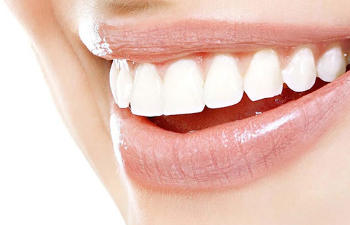Flossing should be performed on a daily basis. Without flossing, you are missing nearly 35% of your tooth surface when cleaning your teeth. Unfortunately, people give many excuses for not flossing on routine schedule. Among the most common excuse is bleeding gums. If you see pink in the sink when flossing your teeth, there’s a good chance you are not flossing enough.
The gums are composed of delicate tissues that support your teeth. These tissues can certainly bleed if they are exposed to trauma such as brushing too hard, a hard fall or biting down on something sharp. However, the most prevalent cause of bleeding gums is gingivitis. If you experience bleeding gums and admit you haven’t been flossing as you should, you can likely attribute it to gingivitis.
Gingivitis is the first stage of gum disease, which is one of the most serious oral health conditions and leading cause of tooth loss in the United States. At this initial stage, however, gum disease is easily treated and reversed. Gingivitis begins when there is plaque and bacteria accumulation along the gum line. This can occur when you are relying solely on your toothbrush to clean your teeth. Once the plaque and biofilm sets in within your gums, it triggers an inflammatory response in your body that causes the gums to become swollen, tender and bleed more easily.
How to Put an End to Bleeding Gums
While it may seem counterintuitive, if your gums bleed when you floss, you need to start flossing more. Just like a cut or other injury in your body, your infected gums need to be properly cleaned out before they can heal. The process may not be pleasant, but it is necessary. In about two weeks, you should see signs that your gums are getting healthy and these tissues should stop bleeding when you floss.
A visit to the dentist can accurately diagnose your bleeding gums. If your gum disease is more advanced, you may need a deep cleaning (scaling and root planing) or other type of periodontal therapy. At West Hill Family Dental, we offer a full menu of gum disease treatments because we know that by taking care of your gums, we are also protecting the foundation of your smile. Call today to get treatment for your bleeding gums.
Posted on behalf of West Hill Family Dental
